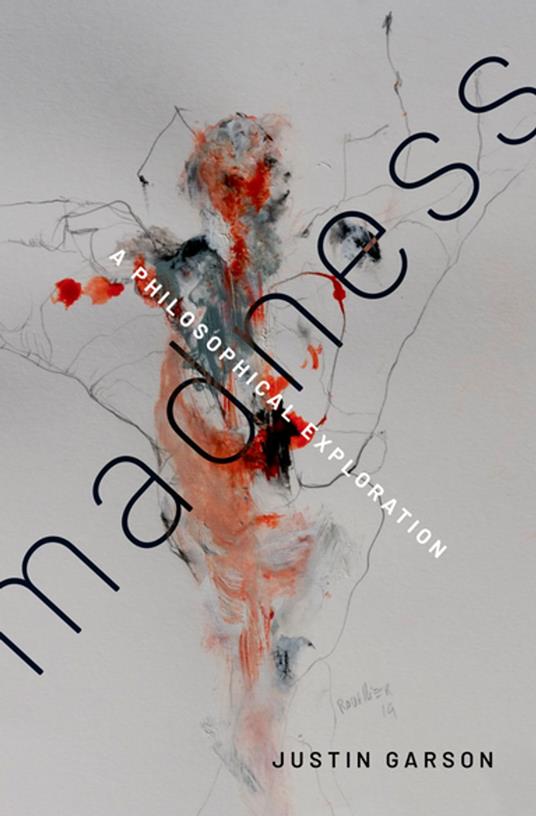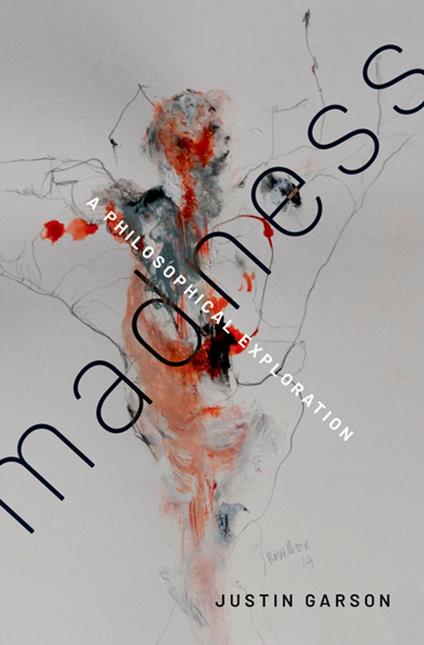Madness
Since the time of Hippocrates, madness has typically been viewed through the lens of disease, dysfunction, and defect. Madness, like all other disease, happens when something in the mind, or in the brain, does not operate the way that it should or as nature intended. In this paradigm, the role of the healer is simply to find the dysfunction and fix it. This remains the dominant perspective in global psychiatry today. In Madness: A Philosophical Exploration, philosopher of science Justin Garson presents a radically different paradigm for conceiving of madness and the forms that it takes. In this paradigm, which he calls madness-as-strategy, madness is neither a disease nor a defect, but a designed feature, like the heart or lungs. That is to say, at least sometimes, when someone is mad, everything inside of them is working exactly as it should and as nature intended. Through rigorous engagement with texts spanning the classical era to Darwinian medicine, Garson shows that madness-as-strategy is not a new conception. Thus, more than a history of science or a conceptual genealogy, Madness is a recovery mission. In recovering madness-as-strategy, it leads us beyond today's dominant medical paradigm toward a very different form of thinking and practice. This book is essential reading for philosophers of medicine and psychiatry, particularly for those who seek to understand the nature of health, disease, and mental disorder. It will also be a valuable resource for historians and sociologists of medicine for its innovative approach to the history of madness. Most importantly, it will be useful for mental health service users, survivors, and activists, who seek an alternative and liberating vision of what it means to be mad.
-
Autore:
-
Anno edizione:2022
-
Editore:
-
Formato:
-
Lingua:Inglese
Formato:
Gli eBook venduti da Feltrinelli.it sono in formato ePub e possono essere protetti da Adobe DRM. In caso di download di un file protetto da DRM si otterrà un file in formato .acs, (Adobe Content Server Message), che dovrà essere aperto tramite Adobe Digital Editions e autorizzato tramite un account Adobe, prima di poter essere letto su pc o trasferito su dispositivi compatibili.
Cloud:
Gli eBook venduti da Feltrinelli.it sono sincronizzati automaticamente su tutti i client di lettura Kobo successivamente all’acquisto. Grazie al Cloud Kobo i progressi di lettura, le note, le evidenziazioni vengono salvati e sincronizzati automaticamente su tutti i dispositivi e le APP di lettura Kobo utilizzati per la lettura.
Clicca qui per sapere come scaricare gli ebook utilizzando un pc con sistema operativo Windows



